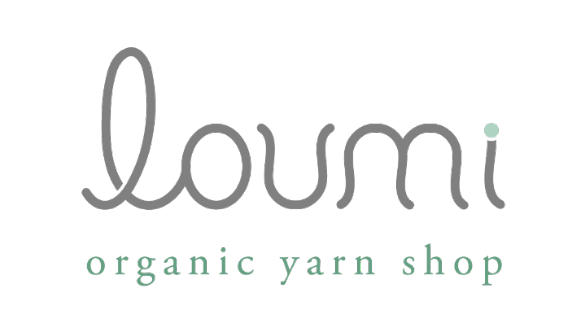FAQ
What is certified organic wool?
The USDA National Organic Program certifies livestock, and the Global Organic Textile Standard (GOTS) certifies wool and the subsequent textiles produced from it. The feed and forage of the sheep must be certified organic. The land they graze on (which undergoes a 3 year transition process) and any supplemental feed they consume must be certified. Use of synthetic hormones and genetic engineering is prohibited. Internal, external and pasture synthetic pesticides are prohibited. Sheep cannot be dipped in insecticides to control external parasites such as ticks and lice (it must be managed manually), and organic livestock producers are required to ensure they do not exceed the natural carrying capacity of the land on which their animals graze. Organic is priced higher as more labor is required to manage problems that chemicals can quickly manage in conventional farming. In addition to the important environmental regulations, there are also regulations regarding animal welfare and working conditions for farmers and textile mill workers. This is a very simplified summary of the detailed requirements involved in certification - please read the USDA NOP and GOTS websites for more information, or contact me and I will point you in the right direction.
Where do Loumi’s organic partners make their yarn?
It is now impossible to manufacture GOTS certified hand-knitting yarns in the USA. The supply chain fell apart in 2018 when the only certified dyehouse for knitting yarns went bankrupt, and the certified mill then discontinued its certification. Therefore, we must work with our international organic partners to supply GOTS yarns to USA crafters. Garthenor is a Wales-based company that manufactures in the UK. Rosy Green Wool is a German-based company that manufactures in England and Portugal.
What information can you share on the welfare of the sheep?
Purchasing wool from animals that are treated respectfully is very important to me. The sheep are free-range and non-mulesed. Mulesing is a cruel practice performed on Merino sheep that involves cutting strips of flesh off their hindquarters without anesthesia, in a barbaric attempt to control “fly strike”.
However, I will not call Loumi's organic partners "cruelty-free" simply because the animals are not "mulesed" - I think other considerations should factor in to this very meaningful phrase, like how the animals live and how the animals die. Very few yarns should even use the term "cruelty-free", as the majority of sheep in the wool industry (small and commercial farms) eventually go to slaughter. Making Stories has an excellent blog post about the complexities of the "cruelty free" term in the wool yarn industry.
Bear in mind that certified organic wool is a byproduct of certified organic meat production. This means that the farmers' primary focus is on certified organic meat production. Certified organic wool is a secondary income source for the farmers. This is true for the majority of commercially-viable sheep farms, whether conventional or certified organic. The low price of wool and the high cost of labor in shearing makes fiber-only farming realistic for "hobby" farms that can invest the time in marketing to the fiber festival market, but rarely for commercial farms. That being said, USDA/GOTS organic certification has strong animal welfare components built in to its certification in addition to its environmental components. Regulations address a wide variety of animal welfare issues. Accommodation is required for their health and natural behavior in regards to shade, shelter, direct sunlight, clean water, fresh air, and room for exercise which greatly reduces stress and illness. They must also have continuous access to outdoor pasture during grazing season (the duration of which is determined by the climate and geography). Additionally, these sheep are not live-exported which is a serious animal welfare concern. Live-export is not a part of controlled organic husbandry.
Where is Loumi based?
I'm right in South Jersey USA!
How do you make a certified organic machine washable yarn?
My organic yarn partners use a GOTS certified organic compound to create machine-washability. The compound holds the fibers still during washing so the scales cannot interlock and felt. Conventional “superwash” processes burn the scales off the fiber with an acid bath, or coat the fiber in a resin, or both. The washable yarns I carry both have its scales and uses a certified organic compound! The washability process is most similar to Schoeller's EXP treatment.
organic.
beautiful.
luxurious.
Our ambition is to support manufacturers prioritizing environmentally-minded practices. GOTS certification ensures safe, thoughtful production.
LEARN ABOUT LOUMI